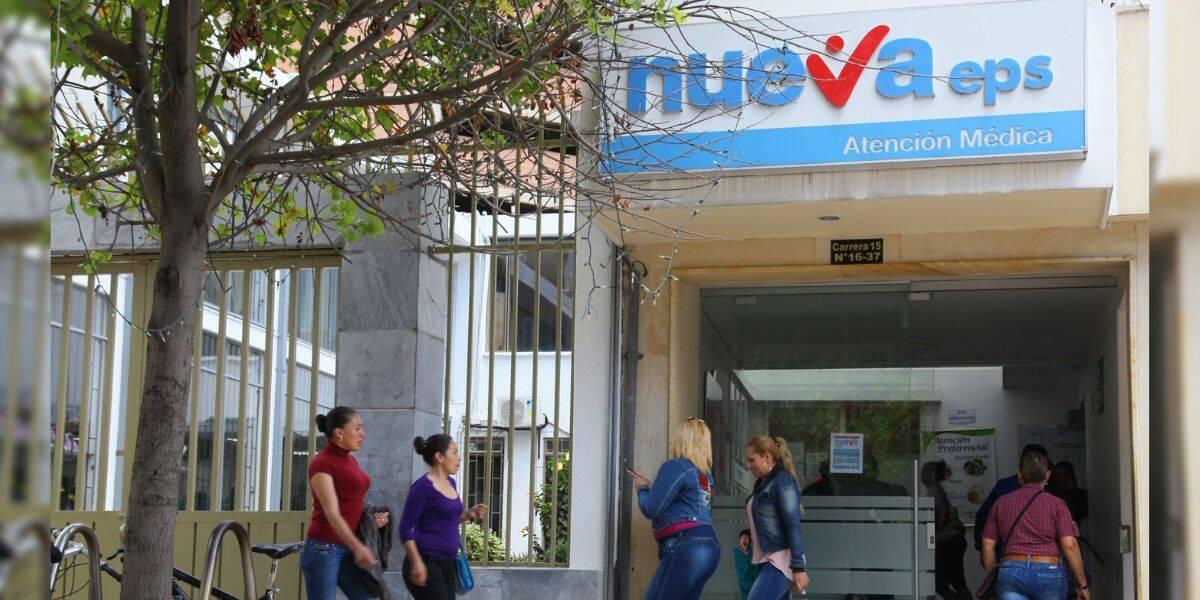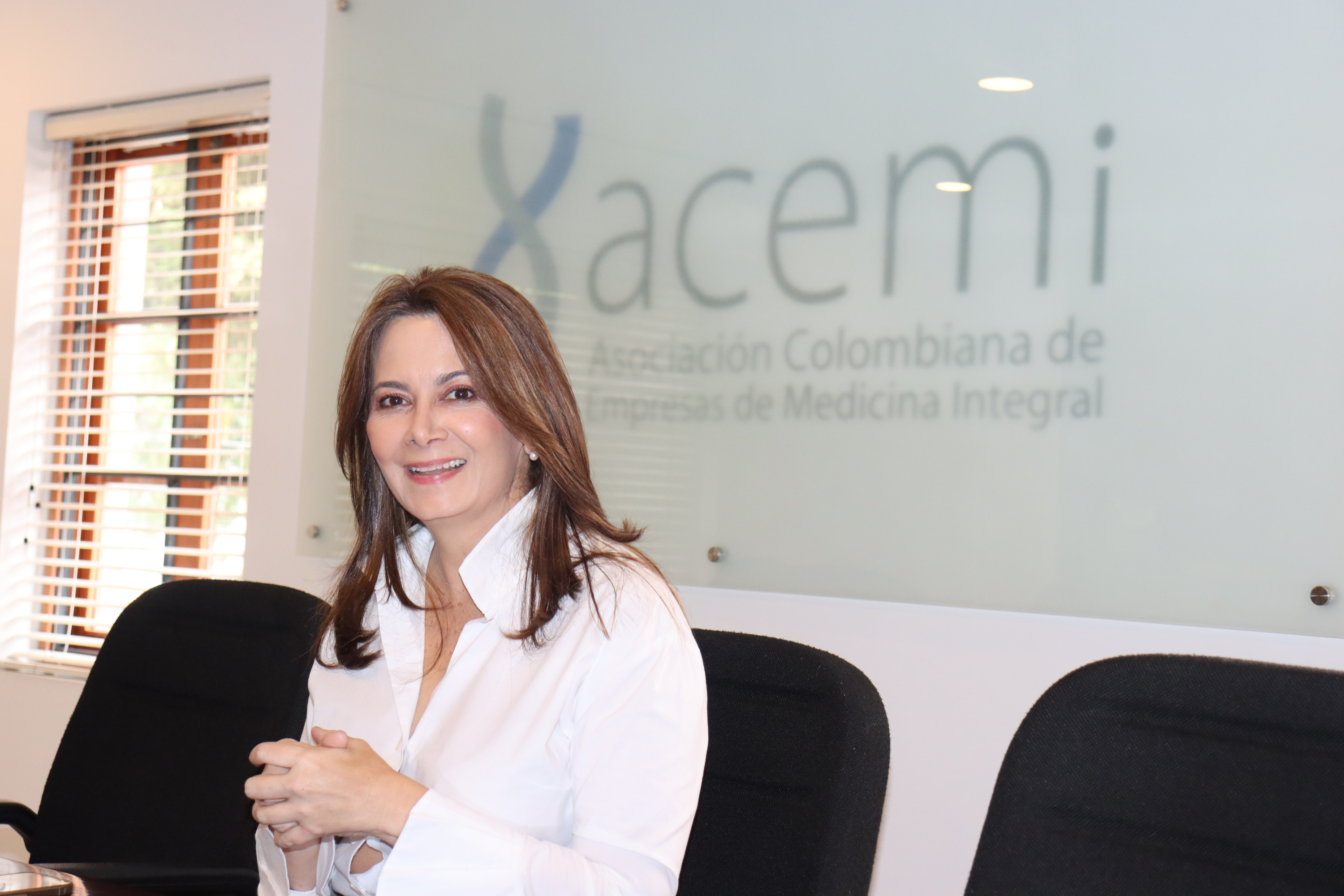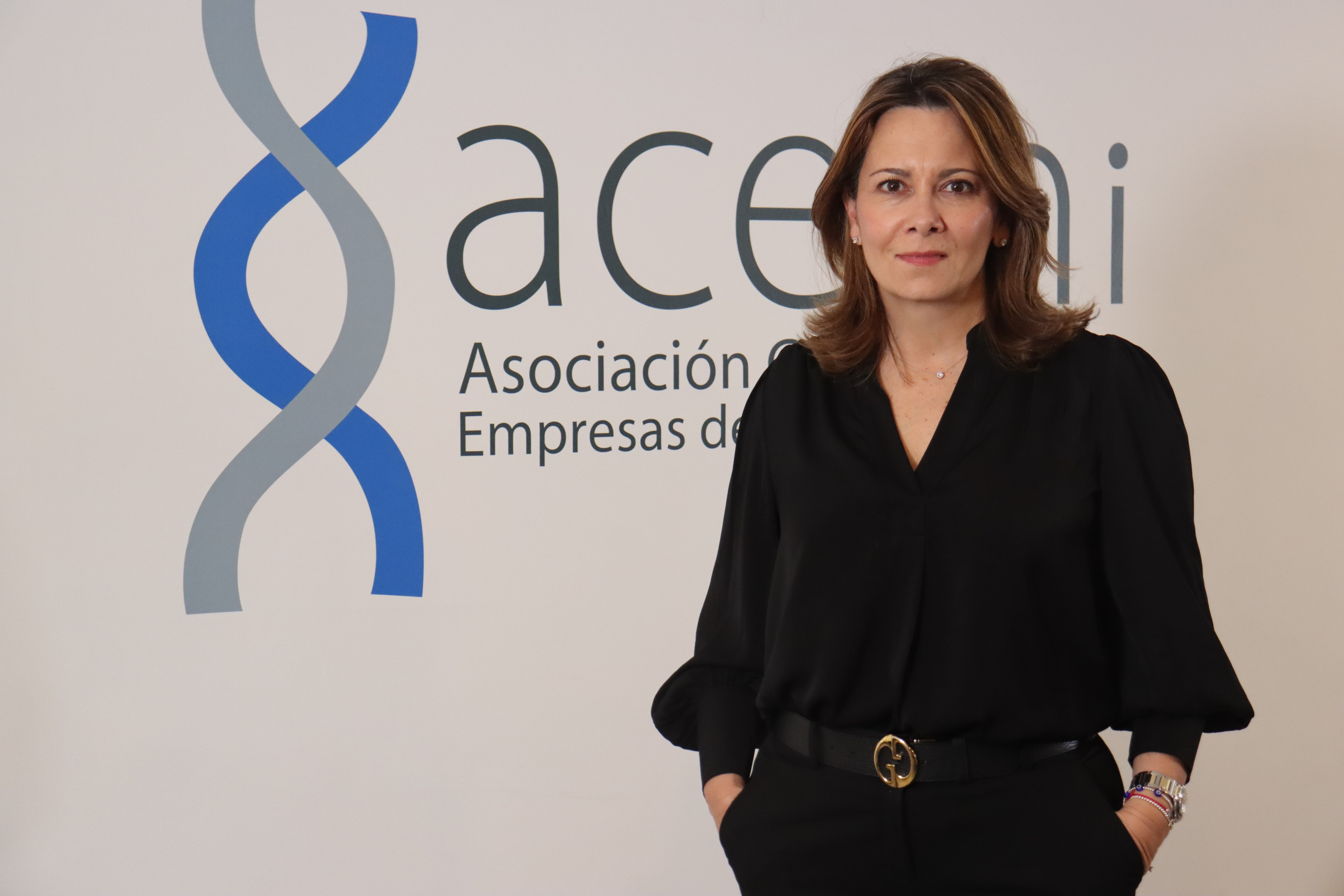'This decree is flawed': Acemi president announces lawsuit against the new health model established by the Ministry of Health via decree

On July 30, the National Government issued Decree 0858 of 2025, which paves the way for the preventive and predictive health model that had been included in the failed reform, which is currently stalled in the Senate's Seventh Committee. The regulation establishes important changes in how citizens access the system, prioritizes primary care from the territories, and redefines the functions of key actors such as Health Promotion Entities (EPS), which must now be coordinated with territorial care centers and integrated service networks defined by the health secretariats.
Although the government insists that this decree does not replace the reform and that it will continue to push for it in Congress, industry experts believe it does represent a fundamental transformation that modifies the insurance model established by law.

The Government changes the operation of the EPS through Decree 0858. Photo: EL TIEMPO
In an interview with EL TIEMPO, Ana María Vesga, executive president of Acemi—the union that represents the EPS—emphatically stated that the decree is illegal and that the union is preparing to sue. According to Vesga, the Ministry of Health is usurping Congress's functions by attempting to modify through regulations what has legal status, such as the role of EPSs as insurance agents.
"What the government is doing is bypassing Congress and establishing by decree a model that de facto changes the healthcare system," she warned. The executive also criticized the fact that the observations presented during the public consultation were not taken into account and warned of the financial risks that implementing this new territorial structure without guaranteeing additional resources would entail.
What are the main generalities of this decree? What does it consist of? Basically, this is a healthcare model that changes the way citizens access care. In the insurance system, as we know it today, which was born with Law 100, the EPSs are responsible for patient agency. That is, representing them through a network that the EPSs contract and pay to ensure that the population moves from the primary level to the medium and high complexity levels, providing guidance and monitoring throughout the entire comprehensive care pathway.
What the decree proposes is a break with that legal model, assigning part of these functions to territorial entities and Primary Health Care Centers (PHCs). With this, Colombians who are currently affiliated with a health care provider will have to access the system through a Primary Care Center by assignment, with a territorial logic based on the population's location. From there, care is distributed within a network established by the Ministry of Health. The agency role of the health care providers is lost. This is the heart of the reform and also the heart of this decree, with which the government seeks to implement a change through an illegal means: transforming by decree what has the force of law.

Ana María Vesga, president of Acemi. Photo: Acemi
Yes, the EPSs that currently have this role of agency, of network formation and contracting, of referring and counter-referring, of managing the UPC and paying providers, are fragmented among several agents. All of these functions have the force of law, meaning they can only be modified by law. That's why the government initiated a reform in Congress, a reform that hasn't had the expected result because it hasn't convinced patients, doctors, providers, or insurers. What the government is doing now with this decree is overriding the power of Congress and de facto modifying the health system.
When does this model begin to operate? Did the government consult you? The decree has a one-year transition and implementation period. It was published for public consultation about two months ago. We made many comments from the union and other stakeholders, but those observations weren't taken into account. The decree was issued almost exactly as it was in the consultation.
Couldn't the government have regulated the model from the beginning without a reform? Many of the things the government has said already exist in the current model and require regulation, development, and strengthening. From the outset, many stakeholders have said that more than a reform, what's needed is an evolution in the regulations. But since this has been a political rather than a technical discussion, it was intended to be processed as a law. Faced with the impossibility of obtaining approval for this reform, the government is resorting to a decree to establish a model that runs counter to regulations that have the force of law. They are mistaken in this, because they are exposing themselves to a lawsuit for annulment due to a clear violation of the legal system.

Ana María Vesga, CEO of Acemi. December 2024. Photo: Acemi.
It doesn't replace it because other aspects remain in the reform, such as the change in the name of the EPS (Health and Life Management Companies) to Gestoras de Salud y Vida (Health and Life Management Companies), among others. But much of what is included in the reform was already included in this decree.
And how does this affect the system's finances? Today, the insurance model distributes the UPC (Uninstitutional Unit of Health) for care, which is administered by the EPS (Health Care Providers). This resource is insufficient. The Constitutional Court and the Comptroller's Office have stated that the system has an accident rate exceeding 100%. 110 pesos are being spent for every 100 pesos delivered. The decree proposes that the same insurance resources be used to finance the model, including infrastructure in areas where there is currently no provision. This means doing more with the same money, in an already underfunded system.
Could this worsen the financial gap? Yes. The Ministry of Finance's concept of fiscal viability states that this transformation is subject to budget availability and a healthy system. Currently, there are no resources for such a cleanup. The accumulated deficit is close to 30 trillion pesos. There are debts with service providers and suppliers. Changes are being made to unsecured resources.
Are you going to take legal action? We warned during the public consultation that this decree was flawed. It modifies articles of Law 100 and Law 1438, which cannot be done by decree. That's why we're going to court. We're evaluating what the first steps will be.
Do you already have a date? No. We are reviewing the decree in detail.
Can you explain with an example how things change for users? As a user of a public health system (EPS), I currently receive care at their healthcare center. They process authorizations with them, and they refer me based on the level of complexity. When this decree comes into effect, I will no longer go to my EPS, but to a primary healthcare provider (CAP). My primary care is managed there, and that CAP, together with the EPS and the network defined by the Ministry of Health, decides where I receive care. The interaction, which currently involves a single agent, is fragmented across several actors. This makes it difficult and fragments the way citizens access the healthcare system.
Environment and Health Journalist
eltiempo





